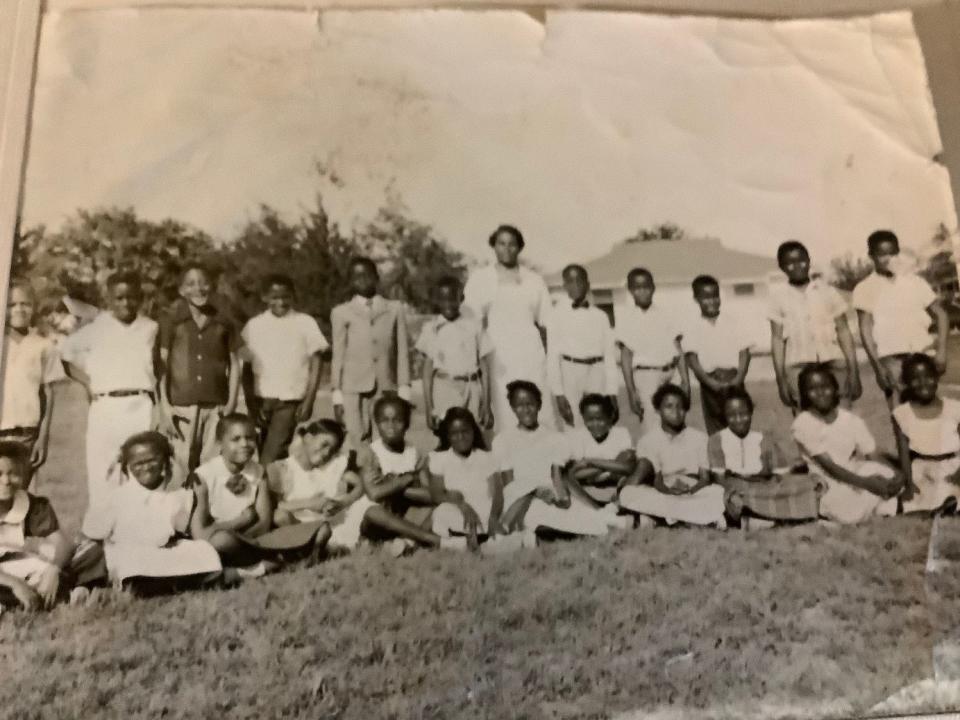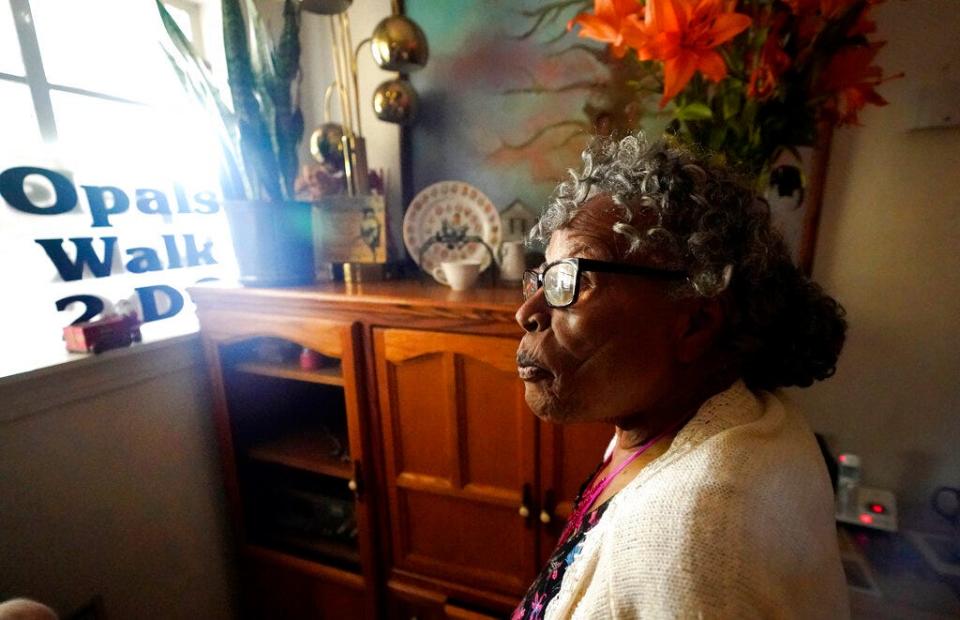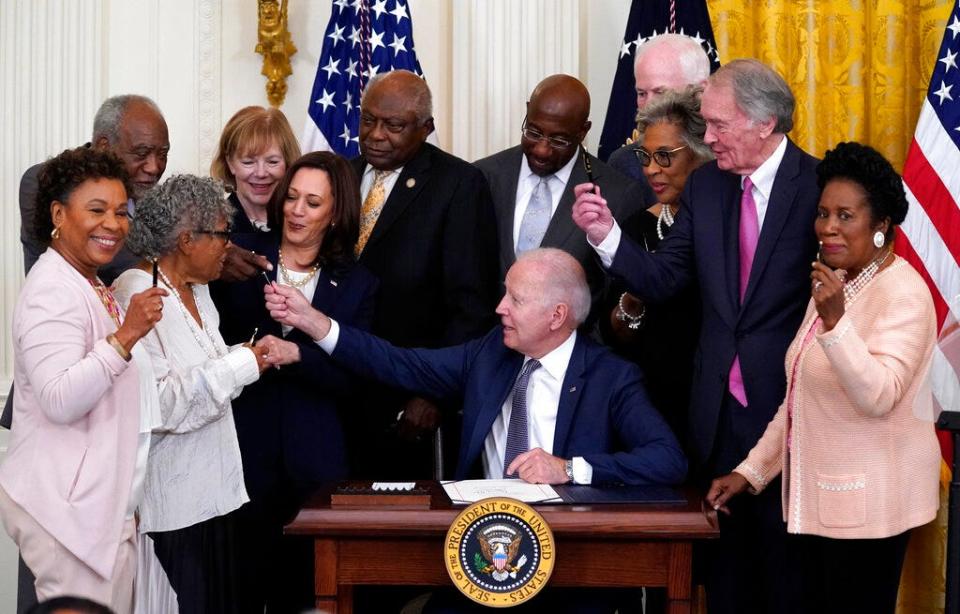My family was chased off our land in Texas by a racist mob. More than 80 years later, I own it again.
Opal Lee is a 97-year-old former teacher who advocated to make Juneteenth a national holiday.
When Lee was 12 years old, her family was driven off their land.
More than 80 years later, she regained the land her family lost.
This is an as-told-to essay based on a conversation with Opal Lee, a 97-year-old activist and former teacher who advocated to make Juneteenth a national holiday. The essay has been edited for length and clarity.
I would describe my childhood as ideal. I was born in Marshall, Texas, surrounded by friends and neighbors. We were like a great, big family. If I did something wrong, I was chastised before I got home. And when I got home, my mom already knew about it.
I didn't have the slightest idea about white folks because our community was all Black. The only white people I saw growing up were a salesman who sold housewares and clothing from his car and a family that ran a grocery store at the end of our street. So I had no animosity. I was a sheltered child. I didn't know white people until we got to Fort Worth.
We moved to Fort Worth when I was 10 years old. The elementary school I attended was on a city dump, like many other buildings they had for Black children.

My family bought a home in a neighborhood where we weren't wanted, but we didn't know that. On June 19, 1939, around 500 people started gathering across the street. The police were there, too. We'd only been in the house about four or five days.
My parents sent us to our neighbors, and they left under the cover of darkness. Those people tore that place asunder. They did despicable things. They dragged the furniture out and burned it. It was horrible.
My parents never, ever discussed what happened that night with us, not one time. It became buried in my psyche.
Regaining our land
I went to Fort Worth's first Black high school and graduated when I was 16 years old. I got married and had four children before I realized I would be raising my husband too. I got divorced after five years.
I went back home to Marshall and went to Wiley College. I worked I don't know how many jobs to pay for college and to support my kids. I finished college in three and a half years because I couldn't stay for four, and became a teacher.

One day years later, a friend of mine who works at the Star-Telegram, a local newspaper in Fort Worth, mentioned the land my family had bought all those years ago. I looked it up and saw the land was vacant.
Lo and behold, I saw that Habitat for Humanity owned it. I had once been on Habitat's board, so I called up Gage Yager, the CEO, and asked him to sell the lot to me.
He said no, they weren't going to sell it to me, because they were going to give it to me. I was so overwhelmed. I said, "Now I'm going to build a house on the land." Gage said, "No, we're going to build that house for you."
I could have done a holy dance, but the kids say when I do that, I'm twerking, so I didn't do it.
Becoming a committee of one
When I successfully helped Juneteenth become a national holiday, I was in hog heaven. To watch the president sign Juneteenth into law, I was awestruck. I still am.

There's always someone who needs something. I'm a deaconess at my church, and I deliver boxes of food to people who need it twice a month.
I want people to realize they can make themselves a committee of one to change somebody's mind, because if people can be taught to hate, they can be taught to love. It's left up to each of us.
We know people who aren't on the same page as us, and we can change their minds. We just have to work at it. Three million people on the same page can turn this country around, and I think it needs a little turning.
Read the original article on Business Insider


